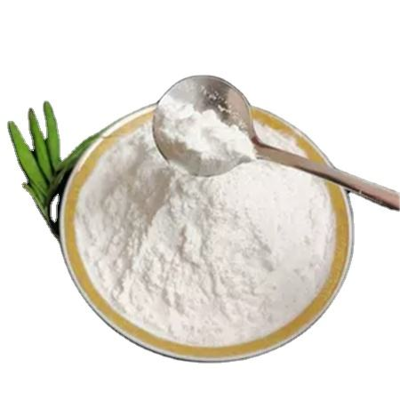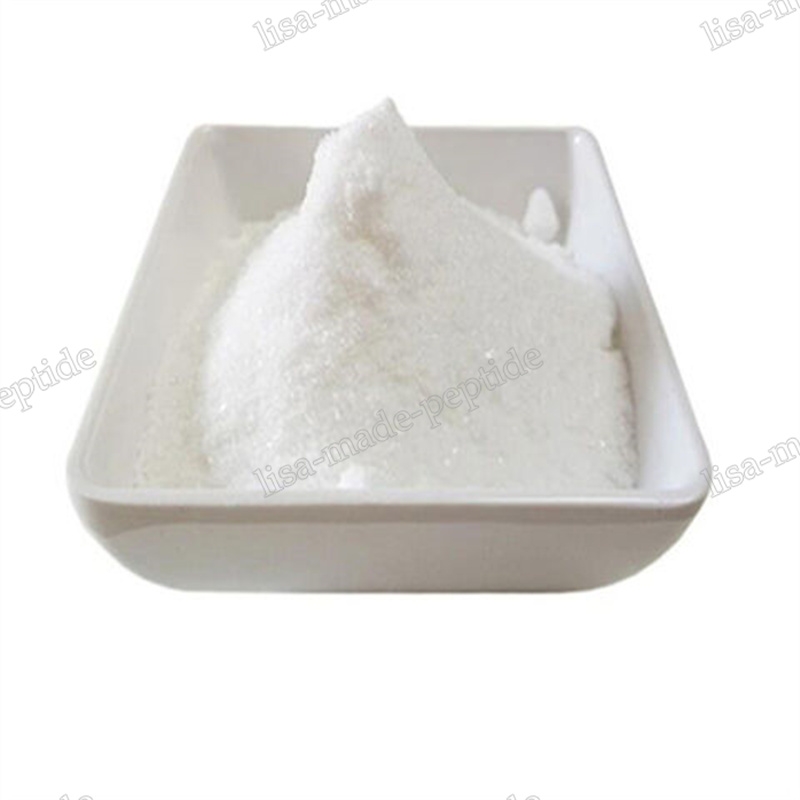-
Categories
-
Pharmaceutical Intermediates
-
Active Pharmaceutical Ingredients
-
Food Additives
- Industrial Coatings
- Agrochemicals
- Dyes and Pigments
- Surfactant
- Flavors and Fragrances
- Chemical Reagents
- Catalyst and Auxiliary
- Natural Products
- Inorganic Chemistry
-
Organic Chemistry
-
Biochemical Engineering
- Analytical Chemistry
-
Cosmetic Ingredient
- Water Treatment Chemical
-
Pharmaceutical Intermediates
Promotion
ECHEMI Mall
Wholesale
Weekly Price
Exhibition
News
-
Trade Service
In the first three quarters of this year, China's energy product imports fluctuated
.
Among them, crude oil imports decreased by 6.
Crude oil imports narrowed
Customs data shows that from January to September this year, China imported 387.
4 million tons of crude oil, a decrease of 6.
8% compared with the same period last year
"During the year, China's crude oil non-state trade import quotas were tightened, and the second batch of crude oil non-state trade import allowances was only 35.
24 million tons, which was a sharp reduction of 35% compared with the second batch of 53.
88 million tons in 2020.
At present, Saudi Arabia and Russia are still China's main oil suppliers.
This year, China's crude oil imports from the two countries have both increased year-on-year
As China’s fourth batch of crude oil import quotas were delegated too late in 2021, some refineries were unable to digest the corresponding quotas before the end of the year, and as the pressure on environmental protection and tax inspections further increased, the country’s tolerance for the gray areas of the crude oil industry chain further increased.
Decrease, the decentralization of crude oil quotas may further decline
Coal and lignite imports are expected to increase
According to customs data, from January to September this year, China imported 23.
396 million tons of coal and lignite, a decrease of 3.
6% compared with the same period last year
This year, the world is in a deep energy crisis, and the international market’s demand for fossil energy such as coal has continued to rise.
However, the major coal supplier countries on the international market are facing tight supply, and international coal prices continue to rise
Su Jia believes that in the short term, the state no longer regulates coal imports and encourages domestic companies to actively connect with foreign coal resources, sign long-term agreements to lock resources and prices in advance, and the current contradiction between domestic supply and demand still exists.
Imports of coal and lignite There may be an increase
Natural gas import sources will be more diversified
According to customs data, from January to September this year, China imported 89.
852 million tons of natural gas, an increase of 22.
2% compared with the same period last year
.
With the control of the epidemic, the recovery of China's economy and the advancement of the "coal-to-gas" policy, the growth rate of China's natural gas consumption has increased significantly
.
According to Zhongyu Information, China's apparent natural gas consumption in the first three quarters of this year was about 273.
1 billion cubic meters, a year-on-year increase of 14.
3%
.
However, China's natural gas production from January to September this year was 151.
8 billion cubic meters, a year-on-year increase of 10%
.
"Although natural gas production is increasing year by year, it is far from keeping up with the growth rate of consumption.
Imports are needed to meet China's growing natural gas demand
.
" said Zhai Cuiping, an analyst at Zhongyu Information
.
According to statistics from Zhongyu Information, the average import price of gaseous natural gas in China from January to September 2021 will drop by 14% from the same period last year due to the pricing of long-term pipeline gas contracts
.
In January-September, China's average import price of liquefied natural gas rose 29% from the same period last year
.
"The average price of LNG receiving stations in the first three quarters of 2021 was 4756.
5 yuan/ton, an increase of 45% over the same period last year
.
The sharp rise in LNG spot prices has hit some domestic buyers, and the willingness to purchase upstream has decreased and spot imports have decreased
.
" Zhai Cuiping Said
.
With the advent of the heating season, the demand for urban fuel replenishment storage has gradually increased, and the peak season for natural gas demand has arrived
.
Zhai Cuiping believes that in order to protect people's livelihood, China's natural gas imports will continue to increase in the fourth quarter
.
In the long run, China still has a large supply and demand gap.
In addition, with the continuous improvement of China's gas storage facilities and the promotion of achieving the goal of "carbon peak and carbon neutral", the proportion of China's imported natural gas will gradually increase.
The sources will be more diversified
.
(Reporter Liu Yelin)
Transfer from: International Business Daily







